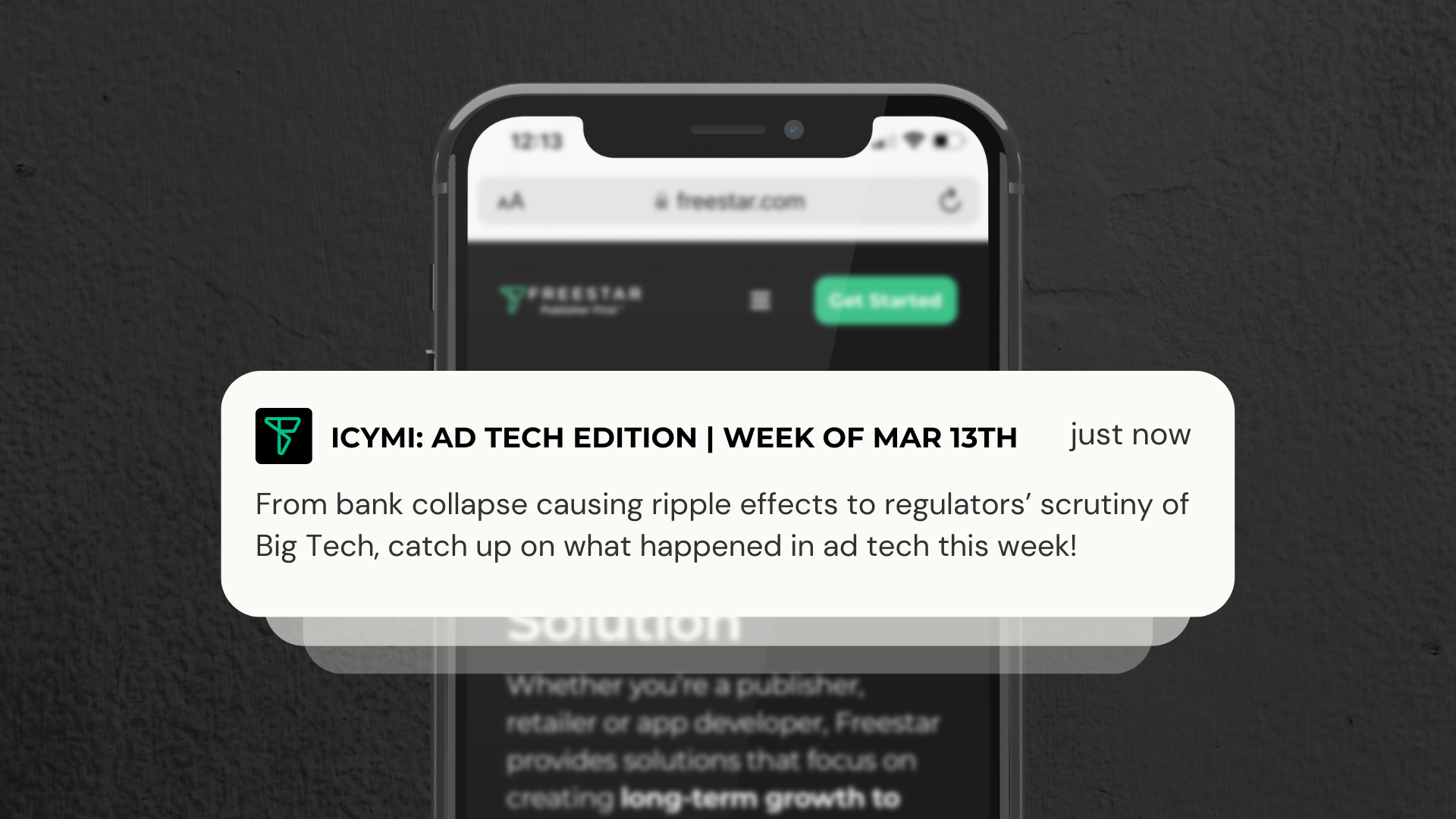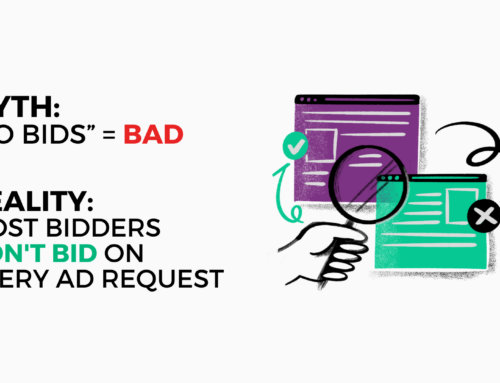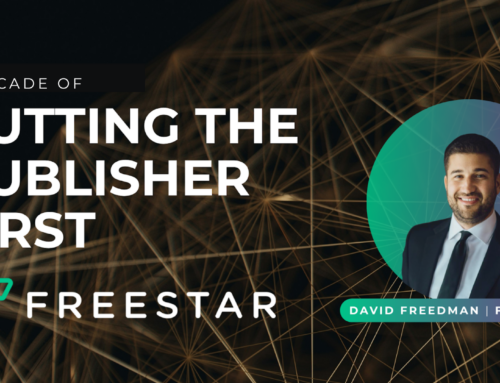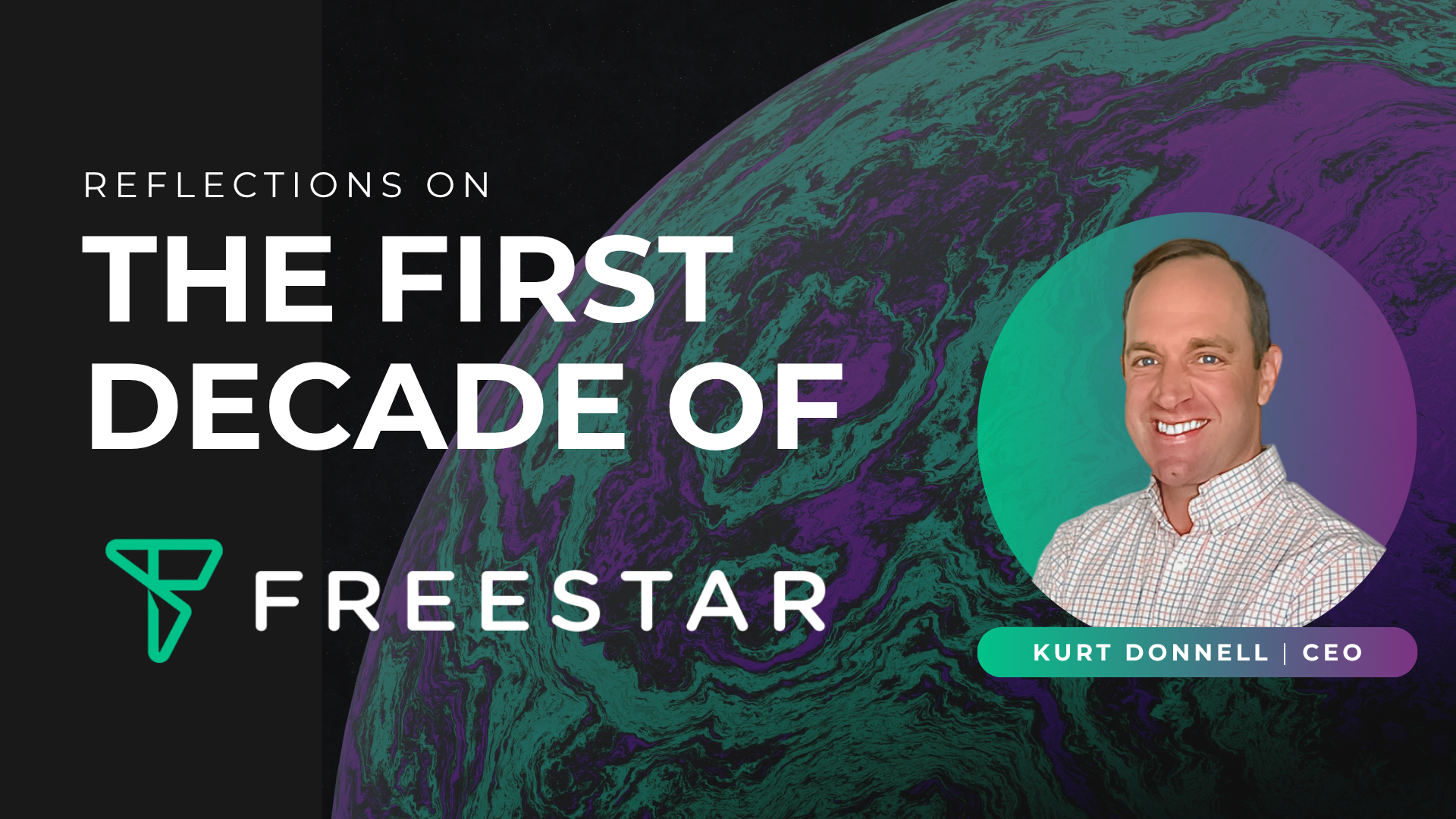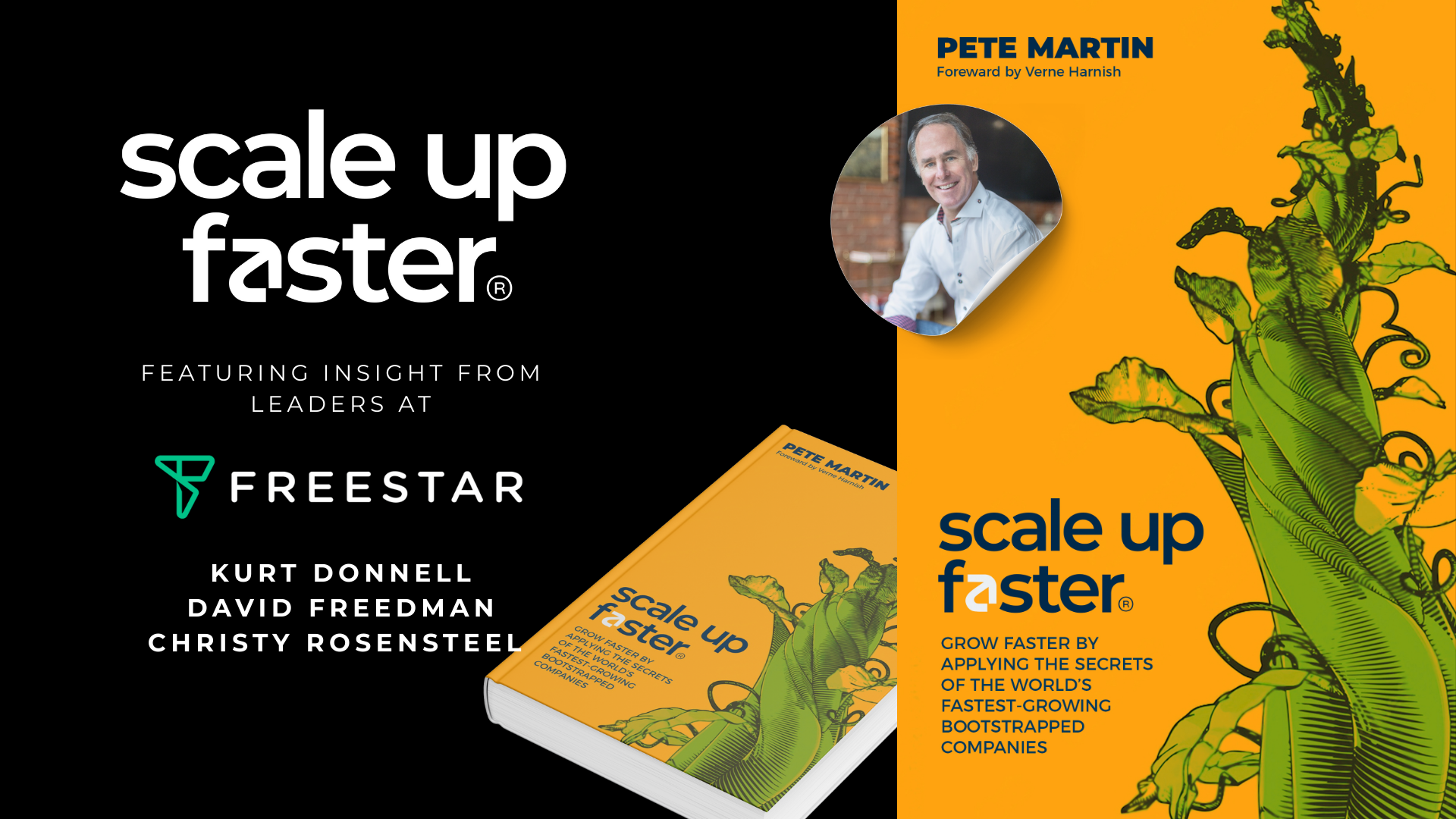Bits and Bobs from around the industry:
- Bank Collapses Cause Ripple Effects Across the Digital Advertising Industry | AdWeek
- GumGum Announces Industry’s First 100% Brand Safe Ad Exchange | ExchangeWire
- Google taps Fastly to make cookie-free adtech FLEDGE fly | The Register
- Why regulators’ scrutiny of Big Tech is rekindling buyers’ interest in ad tech | Digiday
Bank Collapses Cause Ripple Effects Across the Digital Advertising Industry | AdWeek
The article discusses the impact of the recent collapse of a German bank, Greensill Bank, on the digital advertising industry. Greensill Bank was a key provider of working capital to many companies in the industry, and its collapse has caused disruption to cash flow and payment processes. The article notes that some ad tech firms have been forced to temporarily halt campaigns or delay payments to publishers, and that the situation highlights the potential risks associated with relying on a single provider for financial services. The article concludes by suggesting that the incident may prompt the industry to re-evaluate its approach to risk management and diversify its sources of funding.
GumGum Announces Industry’s First 100% Brand Safe Ad Exchange | ExchangeWire
The article reports that GumGum, a contextual advertising and computer vision technology company, has launched what it claims to be the industry’s first 100% brand-safe ad exchange. The exchange uses contextual targeting and machine learning algorithms to ensure that ads are placed in appropriate and brand-safe environments. The article notes that brand safety has become an increasingly important issue for advertisers in recent years, and that the new exchange may help to alleviate concerns around ad misplacement and negative brand association. The article also highlights that the exchange is part of a wider trend towards contextual targeting and away from cookie-based targeting, which has become more difficult due to privacy regulations and changes to browser policies.
Google taps Fastly to make cookie-free adtech FLEDGE fly | The Register
The article reports on Google’s decision to stop developing its Federated Learning of Cohorts (FLoC) technology, which was part of its Privacy Sandbox initiative. FLoC was intended to replace third-party cookies for ad targeting purposes, but it has faced criticism from privacy advocates who argue that it could still be used to track users. Google has now shifted its focus to another Privacy Sandbox technology called Fledge, which is designed to provide user-level targeting while preserving user privacy. Fledge is still in the experimental stage, but it has been proposed as a potential alternative to FLoC. The article notes that Google’s decision to pivot away from FLoC could impact the future of online advertising and the development of privacy-focused solutions in the industry.
Why regulators’ scrutiny of Big Tech is rekindling buyers’ interest in ad tech | Digiday
The article discusses how increased regulatory scrutiny of big tech companies such as Google and Facebook is leading to a renewed interest in ad tech among buyers. Ad tech companies are seen as potential alternatives to the dominant tech giants in the advertising industry, and buyers are increasingly looking for solutions that are more privacy-friendly and transparent. Ad tech companies are also offering new solutions, such as contextual targeting and privacy-compliant audience targeting, that are gaining traction among buyers. The article notes that this renewed interest in ad tech is leading to an increase in investment in the sector and could result in a shift in the advertising industry’s balance of power.

